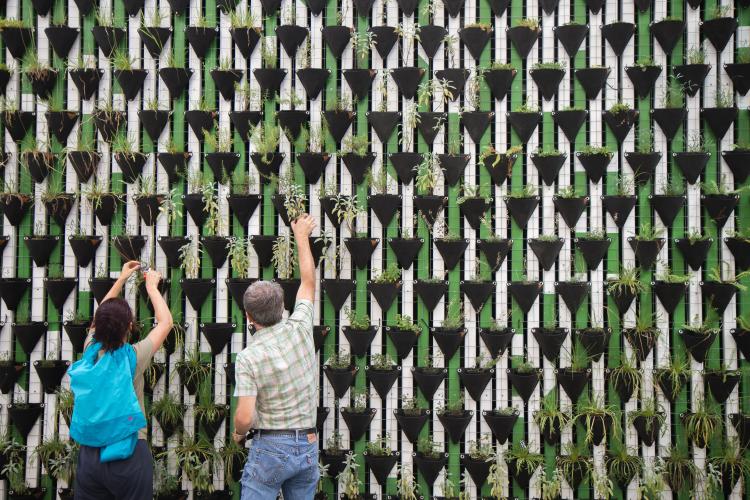
On June 14, 2023 the National Assembly of Armenia adopted the new law “On Volunteer Work” developed by the Ministry of Labor and Social Affairs. The law has been signed by the President on July 10, and will enter into force in 3 months after its official publication, on October 13.
The draft law has a long history of development, and due to the numerous consultations with and input from CSOs, the final draft has been a considerable improvement in contrast to the first draft produced by the government. Transparency International Anticorruption Center (TIAC), together with European Center for Not-for-Profit Law Stichting (ECNL), has taken an active role in the discussions and revisions of the draft, and was successful in achieving incorporation of the recommendations in the final draft law.
With the adoption of the law the following are established:
- the legal basis of volunteering (agreement on voluntary work, certificate, letter of recommendation),
- volunteer status,
- judicial protection of rights and exemption from state duties in this regard,
- the period of volunteer work as work experience for the volunteer,
- the right to reimbursement of additional expenses arising from volunteer work,
- health and safety guarantees, the possibility of insurance,
- access to the labour market,
- the opportunity to acquire new knowledge and professional experience.
History of the draft law on volunteering
Since 2017, the Ministry of Labour and Social Affairs has developed several drafts of a law on volunteering to regulate the concept of volunteerism, main objectives of volunteer work, volunteer rights and responsibilities, compensation for costs and other issues. At first, the draft received mixed reactions from CSOs. Many of them found that excessive regulations might have a restrictive impact. On the other hand, CSOs dealing with a large number of volunteers and engaged in volunteer exchange programmes mention the necessity to address existing legislative gaps.
The revised version of the draft was presented for public discussion in 2020, and further in December 2022. By then, the version of the draft incorporated most of the suggestions by CSOs and many excessive regulations were removed. However, it still contained limitations on the involvement of volunteers in the entrepreneurial activities, and some other restrictive provisions, such as a requirement to sign a contract with volunteers and register them with the tax body. Based on the CSOs’ suggestions, these limitations were removed in the final draft that was approved on April 6, 2023 by the government along with a package of relevant draft amendments, and sent to the parliament for discussion and adoption.
On May 10, 2023 the parliament’s Standing Committee on Labour and Social Affairs initiated parliamentary hearings on the draft law and related amendments. Participants welcomed the draft law and positively assessed the legislative package. TIAC lawyer Anush Hakobyan presented TIAC's considerations regarding the draft law. She positively assessed recent changes in the draft allowing involvement of volunteers in economic activities and removing the requirement of registration with state bodies. Several recommendations related to defining the host organisation’s obligation to engage volunteers in educational activities, provisions related to volunteers’ rest, and agreement on volunteer work were proposed.
Problematic provisions and improvements in the current law
According to the law, only a person that has signed a volunteer work agreement with the organisation can be considered a volunteer. Moreover, the provisions set out that in case of voluntary work that is performed without an agreement, this work is considered illegal, and the organisation can be subject to fines. This provision is viewed by TIAC as the most problematic in the adopted law. It was also criticised by many CSOs present at the parliamentary hearings as a possible limitation to engagement of volunteers.
On the positive side, the draft addresses most of the recommendations highlighted in the CSO Meter report and the ones presented during the parliamentary hearings:
- waiving taxes for volunteer cost compensation,
- allowing the involvement of volunteers in any non-profit organisations,
- regulating issues of liability and the involvement of international volunteers,
- specifically mentioning public organisations and foundations in the list of organisations as subjects of volunteerism,
- removing the obligation of organisation to engage volunteers in their educational programs and leaving it as right of the organisation.
The adopted version also includes the definition of one-time action and a provision that signing a contract on voluntary work is not mandatory in case of participation in the action, as well as in cases when the voluntary work is not performed through an organisation.
